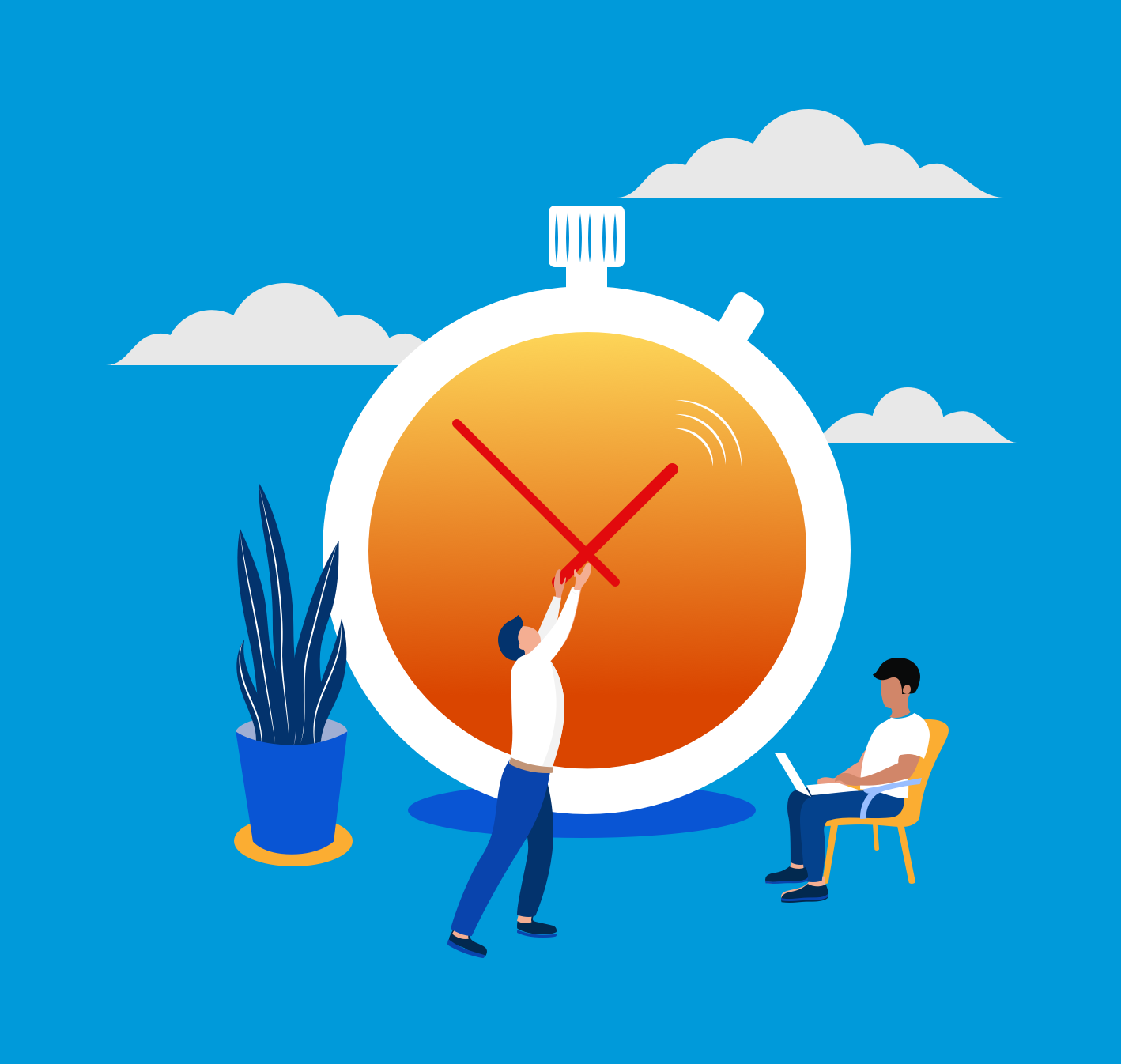Among these, some highlights include:
- There are hundreds of separate algorithms that run to build every Google search result, some sequential and others simultaneous
- After those have run and parsed the data, there are around 100 ranking factors which include the page text, quality, topicality, reliability, locale and click history
- The user's device (mobile or desktop) affects the actual list of results they may receive, with separate "slices" of page sets based on device
- The concepts of "Information Satisfaction" and freshness come into play repeatedly, being parsed across dozens of different algorithms in different ways and weights
- Google records and includes click, swipe, hover and scroll data into determining what's sticky for users
While it's never possible to have a true open book with a closed system, reports like this help us understand how Google looks at page content and gives us context on how to shape our own strategies to maximize potential returns.






